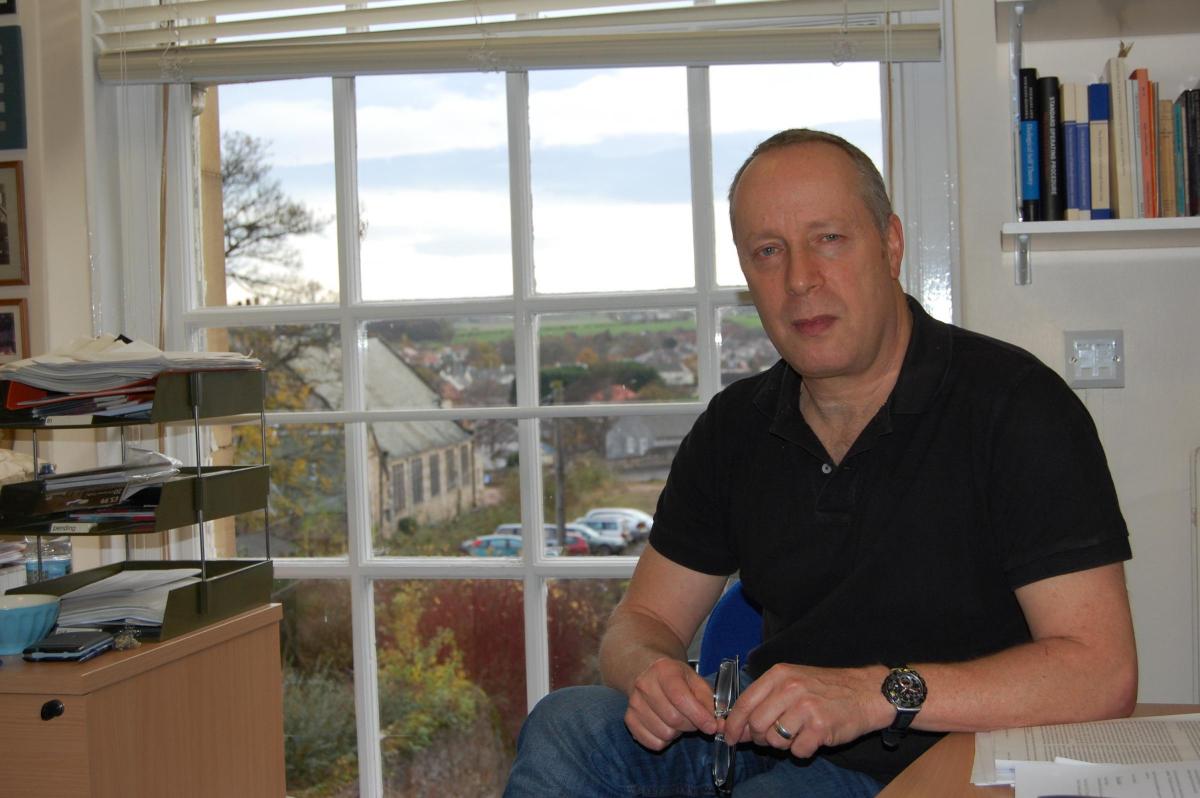
SCOTLAND should be given credit for pioneering an “inclusive, civic” nationalism in the UK, according to a leading psychologist.
Stephen Reicher, professor of social psychology at St Andrews University, said the idea that all types of nationalism carry “the seeds of hatred” is wrong.
He will explore the issues in a talk tomorrow called The Dark Side of Nationalism: Fatal Flaw Or Convenient Myth, which is being held by Yes for EU in Edinburgh and will also be streamed online.
Speaking ahead of the event, he told the Sunday National: “I think there is little doubt there are toxic nationalisms in the UK, but it is more English nationalism than Scottish nationalism that is the problem.
“I think one needs to give credit – while being cautious, while being very alert to the more negative sides – one has to give credit to the fact that what Scotland has pioneered in the UK is an inclusive, civic nationalism which on the whole is not based in grievance.”
Reicher, who became a prominent voice on the Covid response and has advised the UK and Scottish Governments on various topics, said there is no doubt that toxic nationalism exists – pointing to examples such as Nazi Germany and the actions of Russian’s Vladimir Putin today.
“The question isn’t is there a dark side of nationalism – to deny that is to deny reality,” he said.
But he argued a wider issue was whether all nationalism has “the seeds of darkness” and if its “dark side” and the “light side” are two sides of the same coin.
“From my own work I would argue they are two very different things,” Reicher said.
“I think there are two critical dimensions along which nationalism can turn toxic, and nationalism in Scotland, just as nationalism in Britain, needs to be looked at against those criteria.
“The first is who do we count as Scottish? When you talk about the Scots, who is involved?
“On the whole, I think it is fair to say over the past 20 years Scotland has forged a more inclusive notion of nationalism – what is sometimes called civic nationalism, which says you are Scottish, whatever your background, if you live in Scotland and are committed to Scotland.”

Reicher said he believes Scottish nationalism is more inclusive than British nationalism.
“I think it is quite telling for instance, that in the campaigns during Covid you could use the notion of Scottishness, this is what Scots do, because it was inclusive,” he said.
“In England you couldn’t do that- because if you say this is Englishness and this is England – Englishness is seen as much more ethnic, so it would be quite an exclusive thing to do, it would be quite a problematic thing to do. Having said that – these things are never perfect and it is not say we can be complacent. There are contradictions and elements of things. So you need to be vigilant.”
As an example of this, Reicher pointed to the Homecoming events of 2014, which were aimed at encouraging the Scottish diaspora to visit.
“While it was a marketing ploy, the problem about that was it says Scottishness is all about descent,” he said.
”The question is what does that say about somebody of recent Pakistani origin, for example, being told these are the Scots, these guys who forebears left Scotland and the only link they have is the link of descent and ethnic link?
“My point is not to say this was that awful – but on these things it is complex, it is ambivalent, you have got to be careful.”
Another key element of defining when nationalism turns toxic is the relationship to other groups, Reicher argued. He said an example of this is Russia justifying its invasion of Ukraine by using the idea that is it is a great nation being brought down by the West, United States and Nato.
But he said: “I think overtly there are explicit voices [in the Scottish case] which make clear it is not anti-English, the English aren’t to blame for all Scotland’s woes, that the English stop Scotland being a great nation and so on.
“But [it is] simply that Scotland like any other nation wants to be able to determine its own fate and to differ. Those things are important.”
However, Reicher warned again about the need to be “vigilant”, pointing to controversy surrounding the timing of the first independence referendum, which took place in the same year as the 700th anniversary of the Battle of Bannockburn.
“That can be used to fire up that grievance based [idea of] - ‘the English have always oppressed us, the English have always done us down, the English have always destroyed us’,” Reicher said.
He added: “My point more fundamentally is that to say any nationalism is bad as it automatically and necessarily carries within it the seeds of racism, the seeds of exclusivism, the seeds of hatred - that is just plain wrong.
“That it is not helpful, as it doesn’t allow you to identify the things which do lead in a more pernicious direction and to guard against them.”







